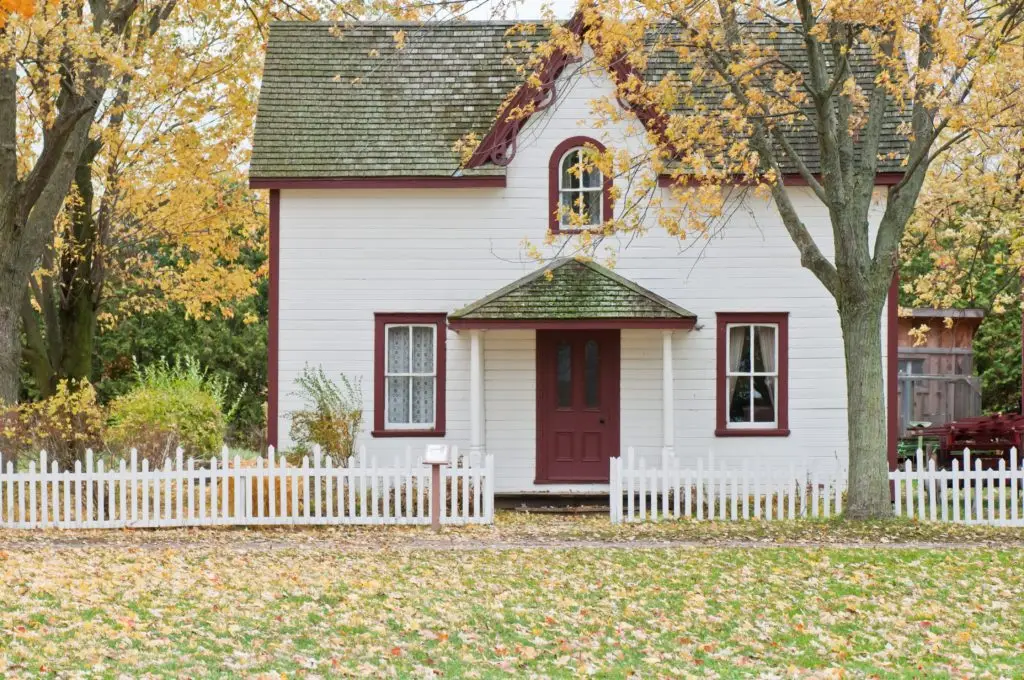Single family homes are usually among the most expensive propositions for purchasing a rental property.
The higher price to acquire a single family home vs. a condo or townhouse can steer some investors towards those lower-priced alternatives.
The advantages are considerable for owning single family homes as investment properties:
- Usually single family home rentals attract longer-term tenants, who often stay year after year.
- Single family homes are less susceptible than condos or townhouses or multi-family units when it comes to rental rate fluctuations. Single family homes tend to have very stable rental rates, which makes accurately calculating your ROI much simpler.
- Single family homes in most parts of greater Denver tend to have lower vacancy times than other types of rental properties. There is almost always greater demand for single family homes than there is for condos, townhomes or multi-family units.
- There are less opportunities for complaints from neighbors above and below, which can mean less dealing with your HOA, which can mean less headaches!
- Single family homes tend to be more liquid if you decide to sell. The demand for single family homes in all areas of greater denver is huge and that demand is not predicted to drop off anytime soon.
- Rental rates tend to be higher. So while the cost to acquire the home can be higher, the cash flow monthly is usually higher as well.
- Less liability in the event of a broken pipe. When you own a rental condo or multi-family building, you may run into the situation where a pipe breaks and it causes damage to a neighboring unit. In these scenarios, landlords find themselves dealing with angry homeowners next door, insurance companies, HOA representatives, other property managers and on and on. It can be a mess, in addition to the cost of simply fixing the broken pipe! Single family homes are more of a “known quantity” when it comes to the possible collateral damage related to a repair.
As you can see, there are a lot of advantages to purchasing a single family home, vs. the other types of rental properties available. But as with any rental property purchase, whether or not the property is successful depends largely on the details.
You’ll want to know the following:
- Where is the property located? Is this an area that attracts high-quality tenants? Is it likely to rent quickly or sit on the market for a long time?
- What is the age of the major (and expensive) components and systems in the home? HVAC system, plumbing, electrical, the roof, the windows and exterior doors, etc. All of these items need to be inspected – you have to be able to anticipate upcoming expenses and plan accordingly.
- Do the toilets flush well? If they don’t, this could be more than a simple snaking operation. If your property is older (1970’s, 1960’s or older) construction, you could be facing a main line replacement. This can run $10,000-$15,000 or more, so we do suggest a thorough inspection as well before closing on that home.
- What will the single family home rent for? What are the comparable rental prices in the area? How long can you expect it to be vacant this time or on future turnovers?
Ultimately, we think a single family home is the best overall rental property investment.
The key is to pay close attention to the factors above, as well as ensuring the property condition is excellent. Excellent properties attract excellent tenants. Newer paint, newer flooring and a property in great repair are all factors that will attract the best long-term tenants.


